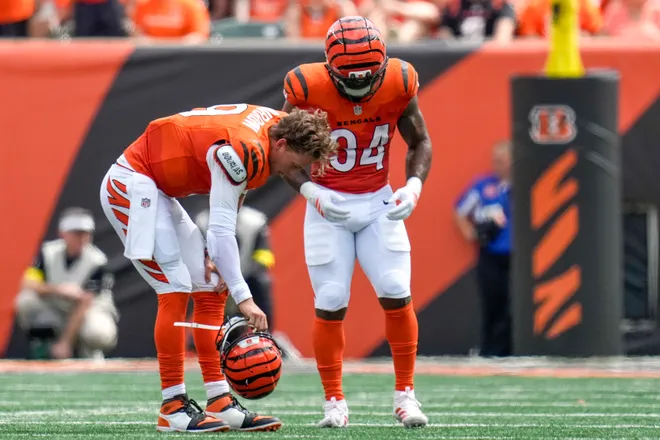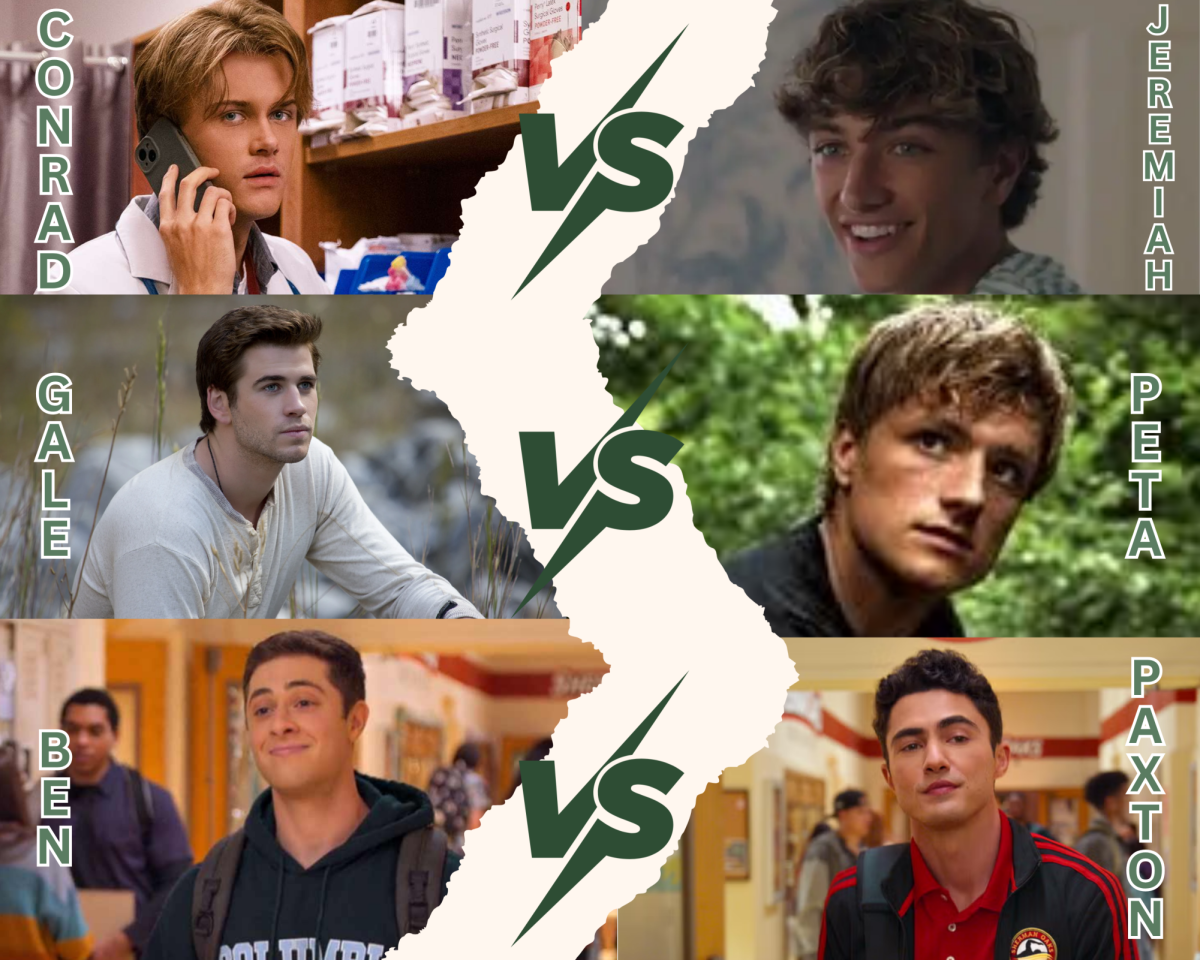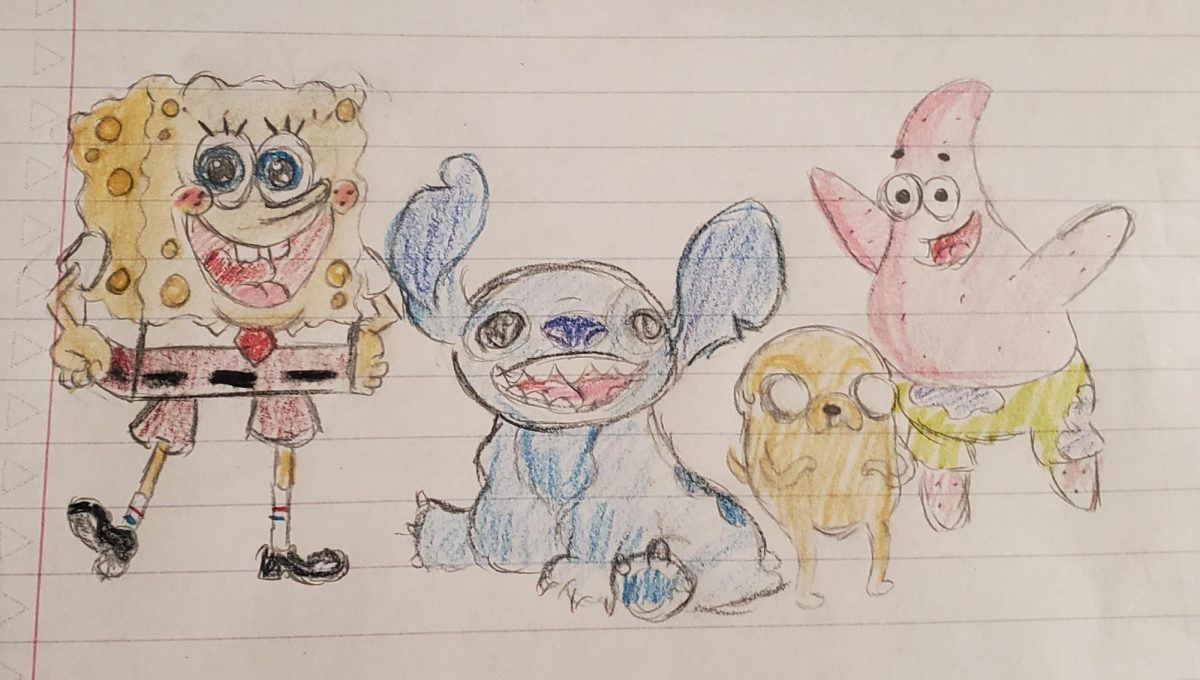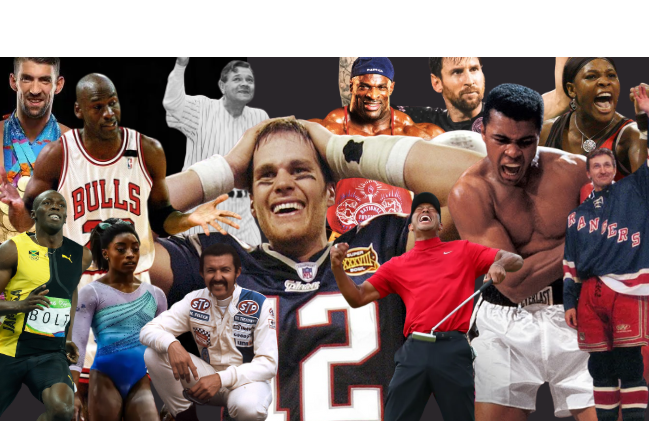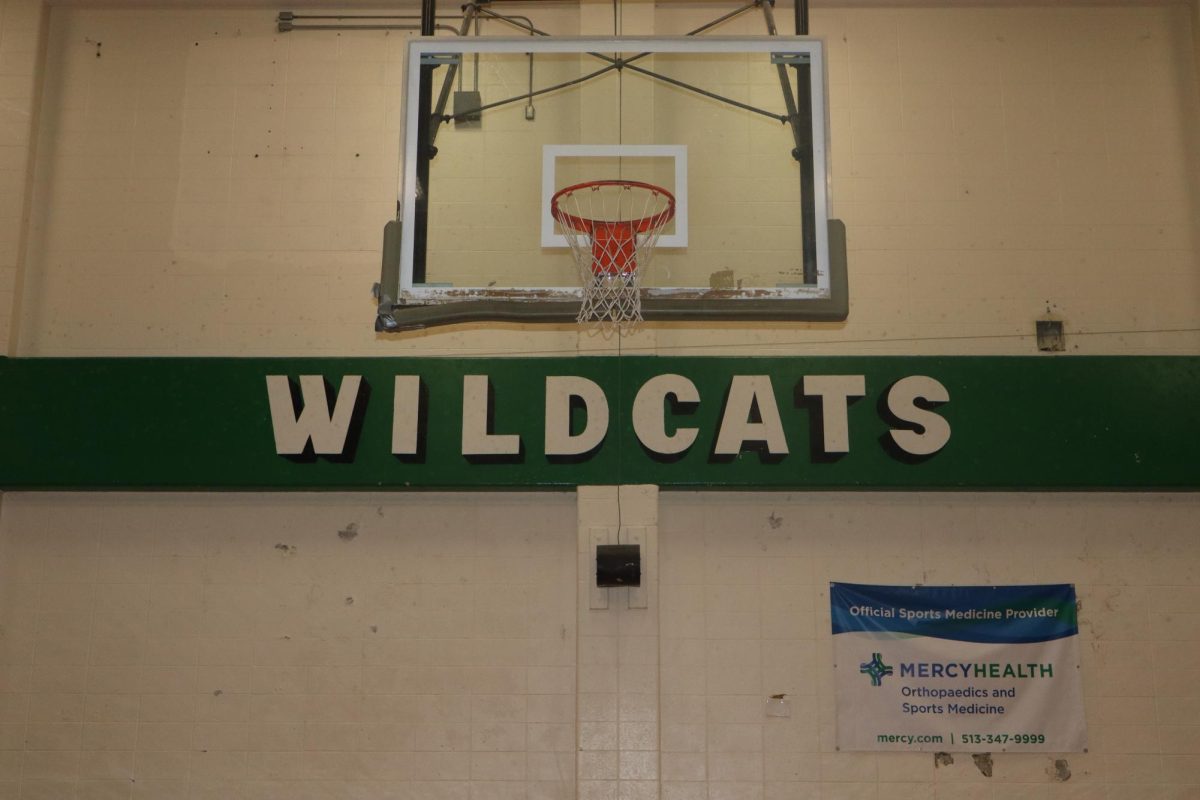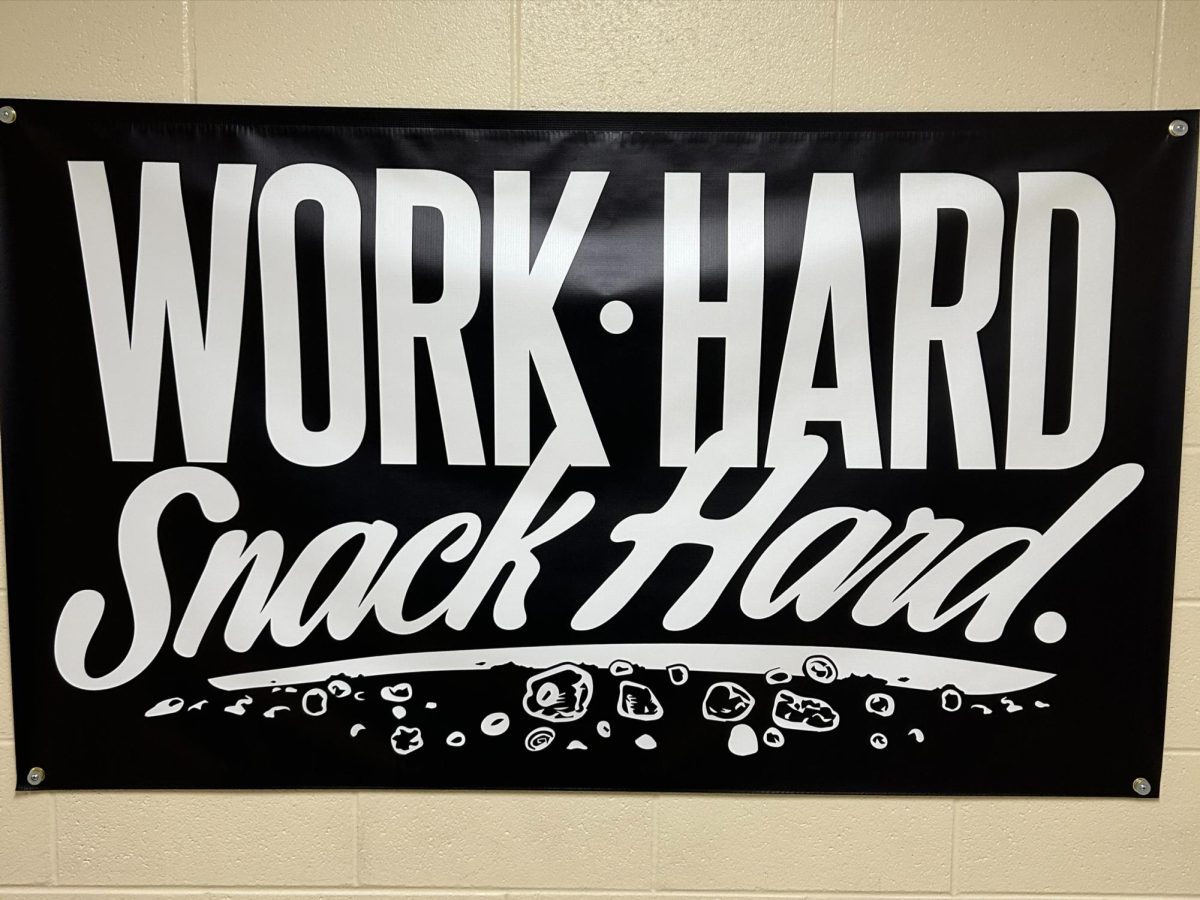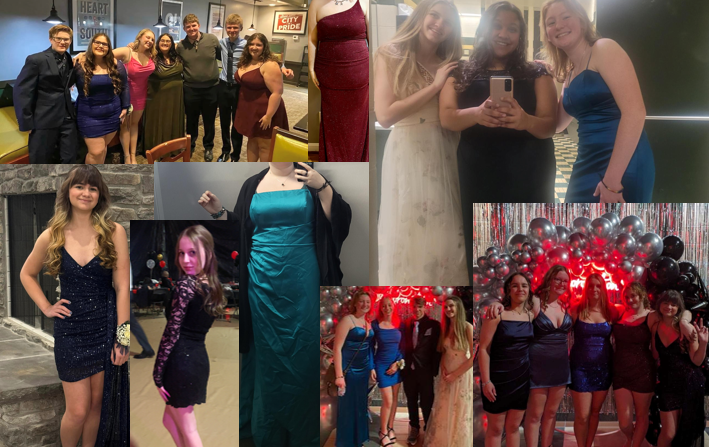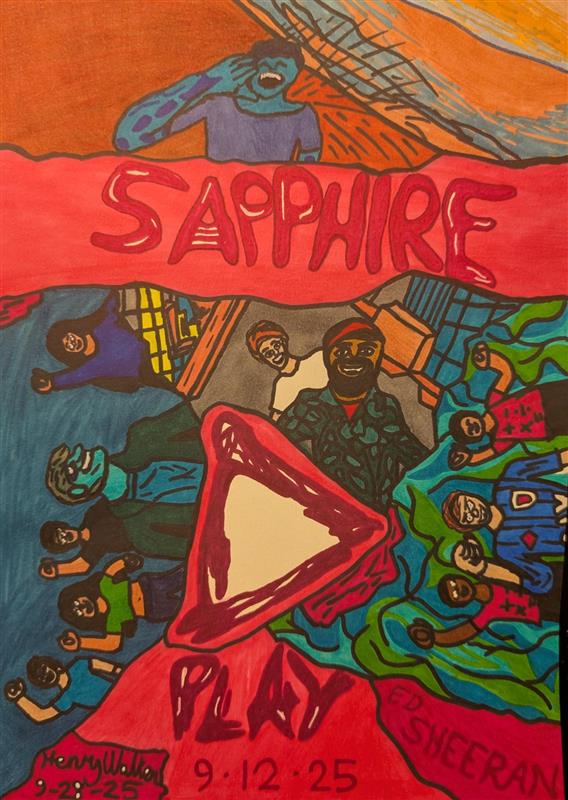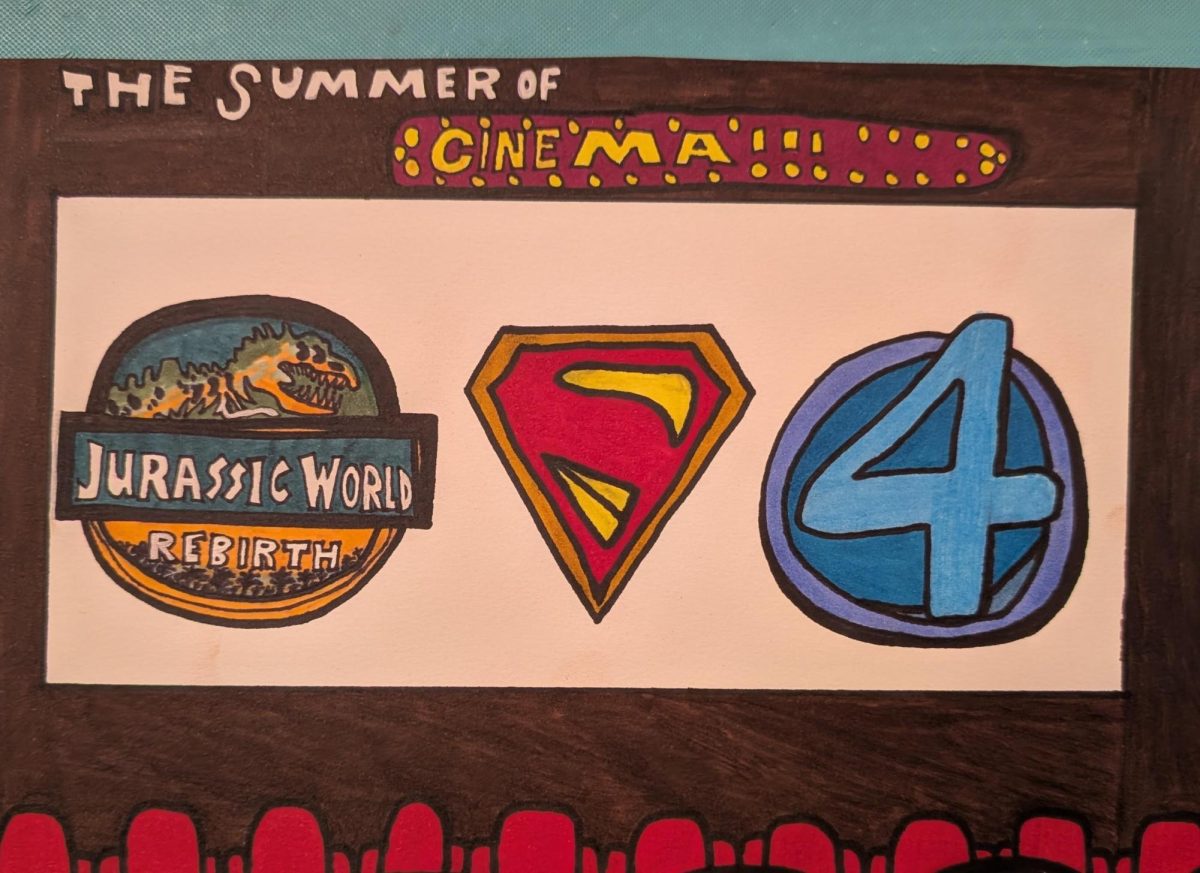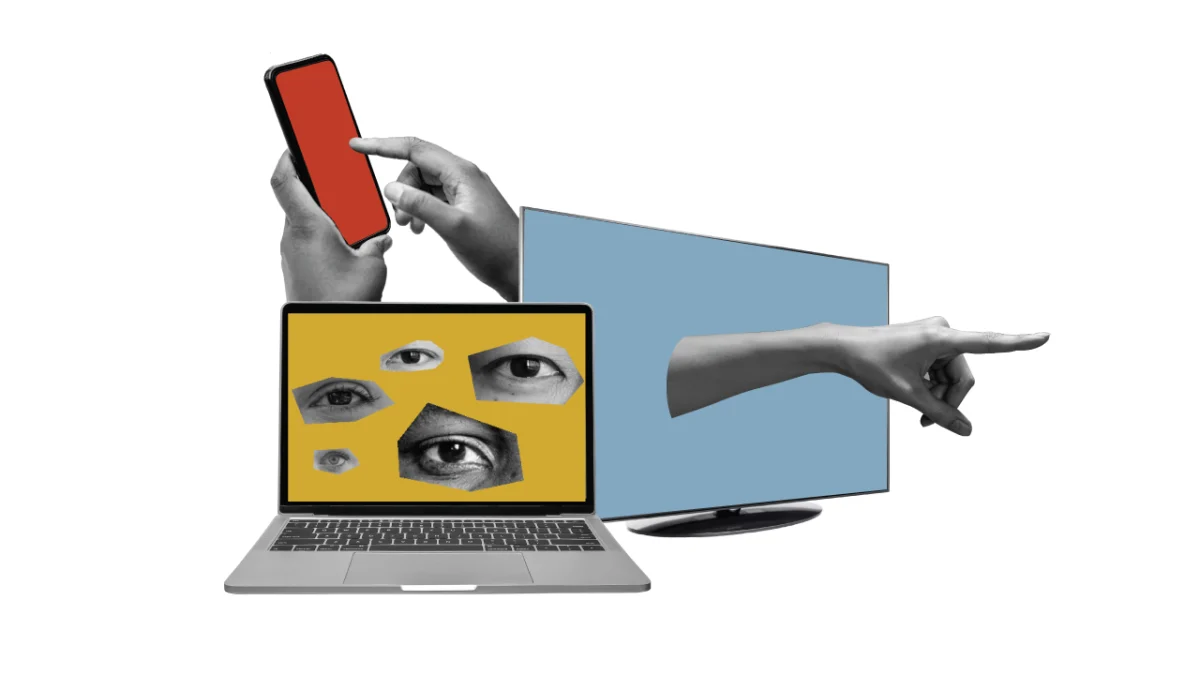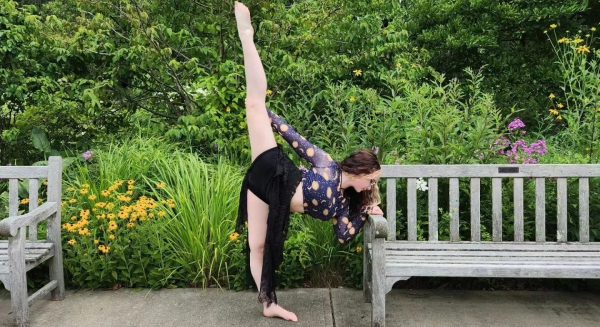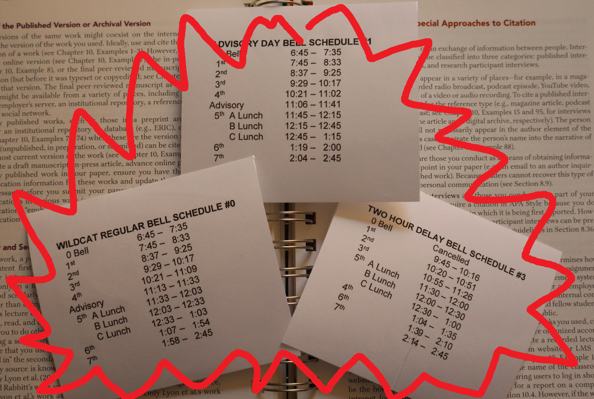This article expresses two points of view on the issue of cancel culture, they have been listed in alphabetical order by the author’s last name.
For Cancel Culture by: Brooklynn Bowling
Cancel culture is here to stay, and I’m not mad about it. Many believe that this form of criticizing a person and or celebrity is outdated and overall childish, but when done the right way can stop someone from getting attention that they aren’t deserving of.
Cancel culture is when a celebrity or a well known public figure is accused of or caught carrying out a harmful or hurtful act. This can range from the person expressing an objectionable opinion about a certain topic to physical or other types of abuse, and getting caught doing the bad thing leads to a steep drop in the public figure’s popularity and ability to keep being a celebrity. This is an important tool that society has a right to use when people mess up.
Imagine having millions of people that love and adore you, building up your reputation, and paying your bills. Now imagine that all went away, now those same millions of people that supported you, now hate you. During this time you lose money, but more importantly you lose the support that you once had. This may seem like an extreme scenario, but it has been all too real for many celebrities, and is one of the consequences of messing up in the public eye. A celebrity’s actions are going to have repercussions even if they feel the action isn’t matching up to the feedback.
There are absolutely cases where cancel culture is beneficial because it can take away the success that a misbehaving person may not deserve. Many celebrities and other people in the media have experienced this, and while it’s true that accusations can lead to more harm than good, when there is actual evidence against a person, canceling them is the right thing to do. Holding people accountable for their actions is very important but that doesn’t mean that they can’t have a chance for redemption. They have to be willing to take the backlash and understand that what they did was wrong before they can try and make peace with their fans and the rest of the public.
Colleen Ballinger, or as many know her as Miranda Sings, was an internet sensation with her Netflix show called Haters Back Off. Because of cancel culture, this show was canceled after only 2 seasons. She was a part of many young kids’ childhoods, but not always in a good way. One of her many allegations was her inappropriate relationship with minors. From sending fans inappropriate clothing to harassing her fans on stage all for the sake of “comedy,” her behavior was not okay and deserved to be cancelled. From the videos that she posts you can tell that her content is made for a younger audience, but her topics are not. After the backlash she released an “apology video”, during this video she brought her ukulele out and began singing. During her so-called apology video she did not say sorry once, she played the victim during the whole song. TIME magazine stated “Many criticized her decision to sing the apology and play a ukulele because they felt it minimized the allegations levied against her.” Ballinger wanted to move on before she had to face the consequences of her actions, but she wasn’t allowed to: this was the final straw for her fans and the people that supported her. She has been going back and forth with these accusations for a while now but she has officially been canceled. This is a win for her victims, validating their experiences. She has lost a lot of that attention that wasn’t well deserved, and this is the best outcome that people can hope for when canceling someone.
Not all celebrities are like Ballinger; some of them have made an honest mistake and are willing to admit that and accept the consequences. Most importantly they are also willing to try and make up for what they did and show that they changed for the better. In these cases people will often cancel someone before hearing the whole story and in this case it can do more harm than it can do good.
Rachel Zegler is one of those cases. Zegler, the lead actress in the live action Snow White, faced controversy during the time of the announcement of the movie in September when a tightly edited video of her was released where she stated her thoughts on the movie. The most viewed part of the interview was this: “I just mean that it’s no longer 1937, we absolutely wrote a ‘Snow White’ that … she’s not going to be saved by the prince, and she’s not going to be dreaming about true love; she’s going to be dreaming about becoming the leader she knows she can be and that her late father told her that she could be if she was fearless, fair, brave and true.” This had many fans upset because Snow White was originally written as a love story between Snow White and the prince, and many people accused her of being anti-feminist, thinking she was talking down to women who made the choice to be in relationships rather than pursuing a career.
Feminist is a word that often gets misinterpreted in this day and age but it literally means “the advocacy of women’s rights on the basis of the equality of the sexes.” Giving people the right to choose whether they want to fall in love and be a stay at home mom or run a company on their own, is not problematic. Just because a person doesn’t want to do one or the other, it doesn’t make the path they chose wrong. But what many people forget is that the actor or actress has little to no control over how the movie is going to be made. All of that is up to the director and the people making the movie. Zegler has stated how she never meant to disrespect the character of Snow White; she was just putting a new look on it. After this Zegler then starred in The Hunger Games: The Ballad of Songbirds & Snakes. Many people were skeptical about the movie because of the star, but the movie has gotten great reviews and Rachel Zegler has spoken up multiple times about how she feels the movie is a great opportunity and she’s very grateful for all of these opportunities. The backlash she got wasn’t deserved and was taken out of context, this is one of those instances where canceling someone isn’t the right choice, and I’m glad it didn’t permanently harm her career. There aren’t many celebrities that have been canceled and then have made a return to the public eye, which says a lot about the impact of cancel culture.
While it is true that cancel culture can sometimes have negative consequences, as seen with the controversy with Rachel Zegler, having cancel culture is a benefit to society. With cancel culture in place, people accused of horrible crimes are able to be held accountable by the public.
Against Cancel Culture by: Sergio Hernandez
Imagine being a celebrity and waking up to hundreds of notifications. That must be relatively normal- but this time, when you open them, it’s nothing but mean comments, threats, and slanderous news articles. You realize that you’re getting canceled. Wait, but what does being canceled even mean? Cancel culture is when a group of people boycott, condemn, or shame someone popular due to them doing something wrong. The top 3 reasons most celebrities are canceled is due to alleged racism, assault, and bullying. This may seem good because we are holding them accountable for their actions, but cancel culture also has its dark side. Many people face a complete destruction of their careers, even if their actions were completely innocent.
Countless celebrities have their careers ruined because of people who believe false rumors and lies. Furthermore, when they try to regain their image, they usually fail. After someone gets canceled, it is extremely hard to undo the damage.
There are plenty of examples of innocent victims that have gotten canceled. Some examples are The Chicks, Rebecca Black, Janet Jackson, and more. All these people had their careers shattered and were blacklisted for reasons that weren’t worth all the damage. For example, Rebecca Black faced horrible bullying in school, death threats, and harassment, and as USA Today reports, Rebbeca Black said “when she was 15, she felt that she couldn’t talk about her depression, and at 17, kids at school threw food at her friends and her.” This shows us the difficult, depressing lives the innocent victims of cancel culture have to endure. Even worse- all of this happened simply because she made a bad song.
Another example is Janet Jackson, who was canceled because of a wardrobe malfunction during the 2004 Super Bowl Halftime Show. According to The Hollywood Reporter, Janet Jackson said, “Whether I want to be part of [the cancel culture] conversation or not, I am part of that conversation.” This truly shows us the sad truth of celebrities dealing with the devastating effects of cancel culture.
You may think that cancellation will only affect famous celebrities around the world, but in reality it can affect us in schools as well. When someone lies about you and starts a rumor about you, there’s a chance that a lot of people will hear about it and begin to think differently about you. You’ll be excluded and rejected by friend groups around your school, which has detrimental effects on students.
Innocent victims of cancel culture usually try to fix their career because they don’t want to stay canceled forever. They try to recover their image and popularity, but in most cases, it’s either too late or their image is too corrupted. But there have been some cases where these canceled celebrities do revive their careers. For example, Kevin Hart, who was canceled in 2018 for homophobic tweets he made in 2009. However, six years later, he is still famous and worth $450,000,000.
But a great example of a celebrity who failed to fully revive her career was Lindsay Lohan, who was blacklisted from Hollywood and heavily criticized for her addictions, and according to Fox News, her “Erratic Behavior.” She recently has tried to revive her acting career by acting in movies like Falling For Christmas (2022), and the upcoming “Irish Wish” movie. But despite all of her hard work, her fame is nowhere near what it was in the early 2000’s.
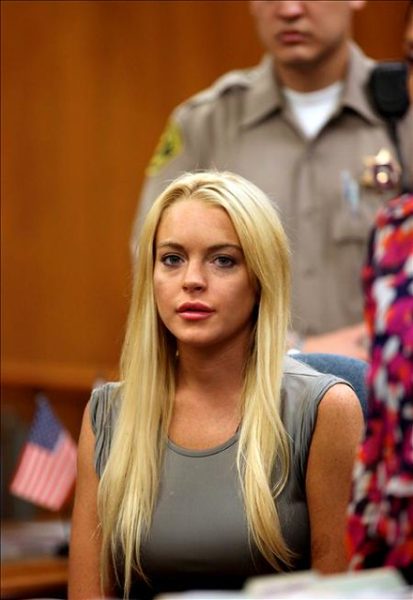
You may think that cancel culture is something good because it teaches the canceled celebrity that what they did is wrong and created consequences for harmful behavior. However, cancel culture addresses this issue in the wrong way. Sending threats and insults just enrages an already bad situation and most importantly, offers no opportunity for people to improve. As reported by the New York Times, “it’s better to try to patiently educate someone instead of bashing and insulting them or trying to ruin their careers.” Also, according to CNN, “To cancel someone immediately…is denying them that opportunity to learn and grow.”
Cancel culture robs influential figures of the opportunity to actually change and improve their behavior. While some reasons for cancellation might warrant worse treatment from the public (for example, assault allegations) modern cancel culture has turned every wrong move into a witch hunt. This is unnecessary and ultimately harmful. Ultimately, cancel culture itself needs to be “canceled.”


